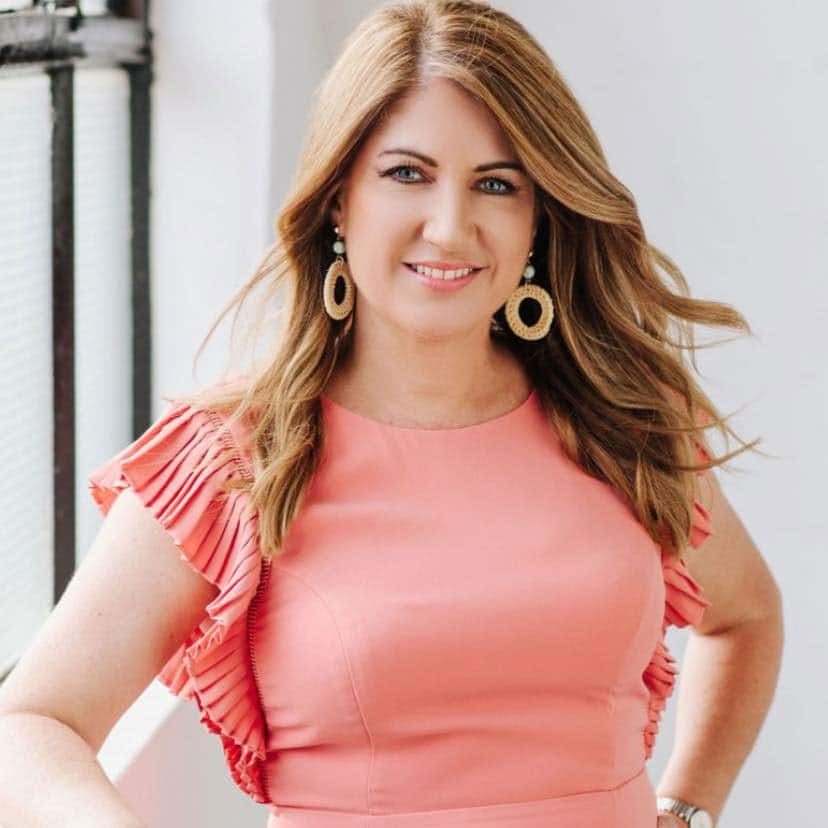Fortune 500 lose a combined $31 billion per year from employees failing to share knowledge & lessons effectively.

Many organizational cultures do not encourage or condone the sharing of challenges or failures. This means that sharing might never enter your mind, especially if your current organization is all you have ever known.
This is the same at home. If you are brought up to just suck it up and get on with things, chances are this behavior will play out in your life. On the flip side, if you are encouraged to share successes and challenges at home, at school, and within your social network, you will be more open to the Gift Mindset, a mindset that fosters openness to sharing your lessons and stories.
Not everyone works in an organization that is open to the idea of being reflective. When management doesn’t see the reflective practice as important, being open to sharing your lessons can go by the wayside. I come across enough companies like this to know the challenges faced by people within them who want an open, self-reflective, and sharing culture.
This has a direct impact on productivity and connection within the organization. People waste time and resources by reinventing the wheel, reliving the mistakes of others, and wasting time researching solutions and information to create future success. It also stifles creativity and confidence to take risks to remain relevant and future fit.
The Gift Mindset is the portal to creating a culture where we unwrap the lessons learned from our challenges.
We then use these lessons (gifts) to progress ourselves and others forward by sharing them 1:1 or within open team forums.
- When people can share challenges, mistakes, and failures in a safe space they are encouraged are supported to move beyond these.
- Sharing your lessons could be a survival guide for someone else
- Failing to share what we have learned is selfish
- Sharing drives connection, communication, and collaboration
Sometimes people feel inadequate in sharing challenges they have faced or mistakes they have made. They feel judged and anxious about the response they will receive, fearing rejection. They are coming from a place of fear, rather than a place of love. We share more with those we trust, respect, and have a rapport with on a personal level, and this can be mirrored in the workplace if we foster these traits.
We have identified key barriers to adopting a mindset to embrace failures and mistakes:
- Lack of self-reflection time
- Judgment from others
- Lack of awareness and headspace
- Fear of rejection
- Cultural norms
We need to embrace our challenges and welcome sharing these. All challenges are vital to our personal development. The more we test our capabilities and limits, the more we will learn about our- selves. If we focus on what it would be like to fail, and therefore revert to our comfort zone, there will be no growth.
Making an event of sharing creates a sense of fun and theatre, and a safe space to be open and own your experiences as a team.
One way to motivate others and make sharing successes and challenges routine practice are to explore positive-to-negative ratios. Psychologist John Gottman researched this and found 5:1 to be the ‘magic ratio’, where five positive mentions or moments are shared for every negative one. Another study showed that teams with a positive-to-negative ratio greater than 3:1 were significantly more motivated.
Remember that our expectations can create our reality and the stereotypes we hold can impact our behavior. Psychologists call this process a ‘stereotype threat’.
Seeing our clients adopt practices to create a Gift Mindset Culture with regular forums to share their successes and challenges has been amazing.
They are experiencing learning, connection, and growth like never before. Some client teams are even having a monthly focus on a particular lesson learned such as Growth, Optimism, Curiosity, Resilience, and many others of the 12 Gifts (soft skills).
A few ideas to get the ball rolling:
-
- ‘Win Wednesday’
- Get individuals/teams to share a win and how they achieved it, including the challenges and mistakes made
- Failure Fridays
- Each share a mistake, challenge, or failure and what helped them through it, and the key learnings.
- ‘Win Wednesday’
- In 1:1 sessions, encourage sharing of what went wrong and how that lesson can feed into future development plans.
How are you viewing failures and challenges in your workplace?
Written by Renée Giarrusso.
Have you read?
Best Business Schools In The World For 2022.
Best Fashion Schools In The World For 2022.
Best Hospitality And Hotel Management Schools In The World For 2022.
Best Medical Schools In The World For 2022.
The World’s Best Universities For Doctor of Business Administration (DBA), 2022.
Bring the best of the CEOWORLD magazine's global journalism to audiences in the United States and around the world. - Add CEOWORLD magazine to your Google News feed.
Follow CEOWORLD magazine headlines on: Google News, LinkedIn, Twitter, and Facebook.
Copyright 2025 The CEOWORLD magazine. All rights reserved. This material (and any extract from it) must not be copied, redistributed or placed on any website, without CEOWORLD magazine' prior written consent. For media queries, please contact: info@ceoworld.biz








